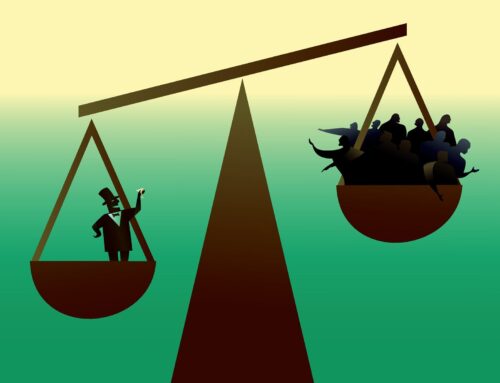Our financial capability – being in control of managing our money – is crucial to our financial health. Without it, we may struggle to pay off debts, pay bills on time, buy a house, save for unexpected emergencies or for our future. Yet achieving financial capability is difficult. Basic financial literacy and numeracy skills can go some way to solving the problem, but it’s not immediately clear how best to achieve this as financial education seems to have little impact on financial capability. It doesn’t help that financial decisions are often one-off, or infrequent, while the consumer finance market is dynamic and ever-evolving, meaning that financial education may easily become outdated.
“Objective observers generally admit that research to date does not demonstrate a causal chain from financial education to higher financial literacy to better financial behaviour to improved financial outcomes, in part due to biases, heuristics, and other non-rational influences on financial decisions.” This fairly damning quote comes from Lauren Willis, Professor of Law at Loyola Law School and consumer finance specialist. Studies of existing financial education programmes have shown that even semester-long high-school courses and 18 months of adult credit counselling fail to have an impact. A 2014 meta-analysis of more than 200 studies showed no relationship between financial education and financial literacy. Daniel Fernandes and his colleagues carried out a review of 168 papers covering 201 prior studies investigating the relationship between financial literacy and financial education and its impact on financial behaviours. They found that interventions to improve financial literacy explain only 0.1% of the variance in financial capability and behaviours studied, with even weaker effects for low-income individuals.[ 2 ] Financial education seems to decay over time; even large interventions with many hours of instruction have negligible effects on behaviour 20 months or more from the intervention. After just 18 months, they found there was no significant effect of even 24 hours of instruction. Compounding this deficit, as Willis acknowledges, are the impacts of the many cognitive biases and less rational thought-processes on our financial decision-making.We tend to procrastinate, especially over complex choices that we struggle to understand; we often stick to the status quo – for example, staying with the same bank even though it doesn’t offer the best service; we suffer from present bias – impulsively or emotionally spending our money today rather than using it to pay off debt or save for tomorrow. And we use flawed rules of thumb and mental shortcuts. Many of us are over-optimistic about our finances, sometimes burying our heads in the sand about the future, or ‘mentally account’ for and spend money differently depending on where it’s come from. Read more: https://www.research-live.com/article/features/be360-financial-feedback/id/5034702




